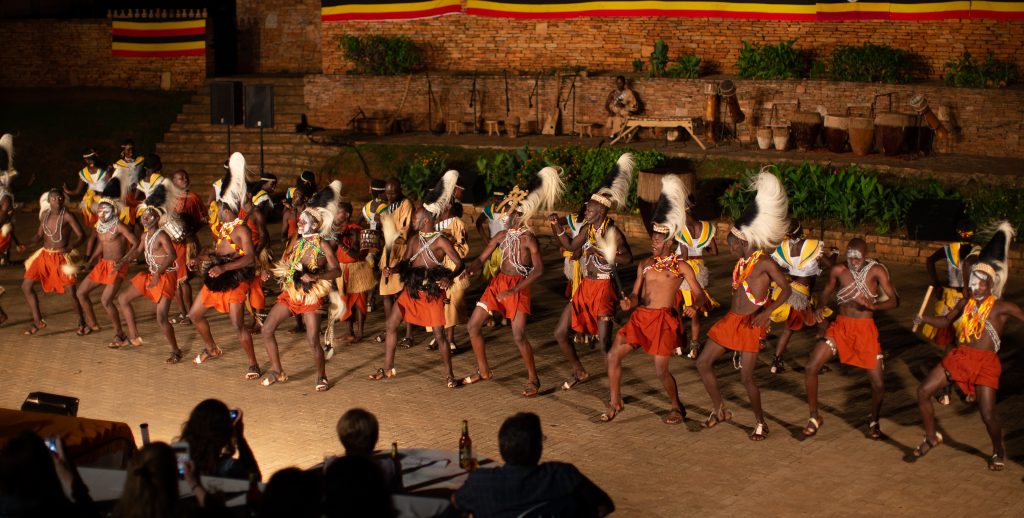
BY PETER MWAYI
Between 1991 and 1997, Congolese musicians Kanda Bongo Man, Tshala Mwana, Alous Mabele, Dan Engobo, Gen Defao, among others hijacked the entertainment industry in Uganda. The singers held concerts in the capital Kampala drawing crowds and rewriting the entertainment scene from what it was previously known for. Just a few years earlier, the NRM led by Yoweri Museveni had taken over a state whose social fibre had collapsed. Previous regimes of world renowned dictator Idi Amin Dada and Milton Obote had forced performing artistes to flee the country for neighbouring Kenya and into exile in Europe and other parts of the world. An industry that had been built for years since the 1960s was left on its knees.
The 1990’s invasion of the arts was the second by Congolese performers. In the 1960s the predominantly musical country had made major exports to Kampala and many Ugandan artistes that developed their talents were students of the Congolese. Ugandan music legends like Philly Bongole Lutaaya were students of Franco, himself a legend from then Zaire. The industry later grew to nurture the legendary Afrigo Band, Jimmy Katumba and Diplock Ssegawa. Dramatists like Byron Kawadwa and many others also grew at the time.
The fate of Byron Kawadwa, who was forced to flee the country to avoid persecution by then President Amin, became common place for many artistes at the peak of the reign of terror in the late 70s. It is said that following Amin’s attendance of Kawadwa’s presentation of his play Oluyimba lwa Wankoko (Song of the Cock), one of the president’s interpreters told Amin that the play was a mockery of himself, who at the time had been reported to have killed so many Ugandans. The play had become popular, drawing crowds to theatre because of its humour and wit. Amin is said to have ordered for the execution of Kawadwa. Like Kawadwa, many other artistes fled Uganda because the regime accused them of using the stage to support rival politicians or to educate the masses against the practices of their governments.
The return of peace after the National Resistance Army took over caused many artistes to return. At that time the country was undergoing a crisis caused by the HIV/AIDS scourge. Music and drama became a key part in the fight against the pandemic. Philly Lutaaya, who at that time was an international brand became even more famous when he declared his HIV status. His subsequent music which has long survived after him was about AIDS. His songs like Alone and Frightened, to date are de facto anthems when speaking about HIV in Uganda. Performing artistes like the Ebonies, Bakayimbira Dramactors and many more became household names for their association with the fight.
The year 1993 saw the emergence of the first FM Radio station, Radio Sanyu. The rest is history for the local entertainment industry. Artistes like Ragga Dee, Menton Summer, Shanks Vivi Dee, and Peter Ssematimba, who was until recently a Member of Parliament and remains a household name for his role in transforming the entertainment industry; are all products of the FM radio era.
In 1999, the first privately owned TV station WBS hit the entertainment industry with a bang. Local entertainment was an integral component of the programming for WBS and other stations that started up at the time. It was on one of the entertainment shows that a young Bobi Wine, then a university student and budding singer launched his first song Kagoma. Robert Kyagulanyi Ssentamu has grown through the ranks of music, becoming one of the most popular musicians in the country. Kyagulanyi’s popularity is credited to his music and it was through music that he launched his political career, becoming a Member of Parliament for Kyadondo East, a constituency located in Wakiso District, on the outskirts of the capital Kampala. He later sought to further win the hearts of Ugandans who he asked to support him as he challenged President Museveni for the country’s top seat.
Many like Kyagulanyi have used their musical clout to win political office in Uganda. Geoffrey Lutaaya, the current MP for Kakutto in Central Uganda, Hillary Kiyaga, went by the stage name Dr Hilderman and toppled former Trade Minister Amelia Kyambadde from her constituency in Mawokota South, also in central Uganda. Comedian Kato Lubwama also joked his way into Parliament where he represented Lubaga South in Kampala for five years. Countless others have launched political careers, albeit unsuccessfully.
